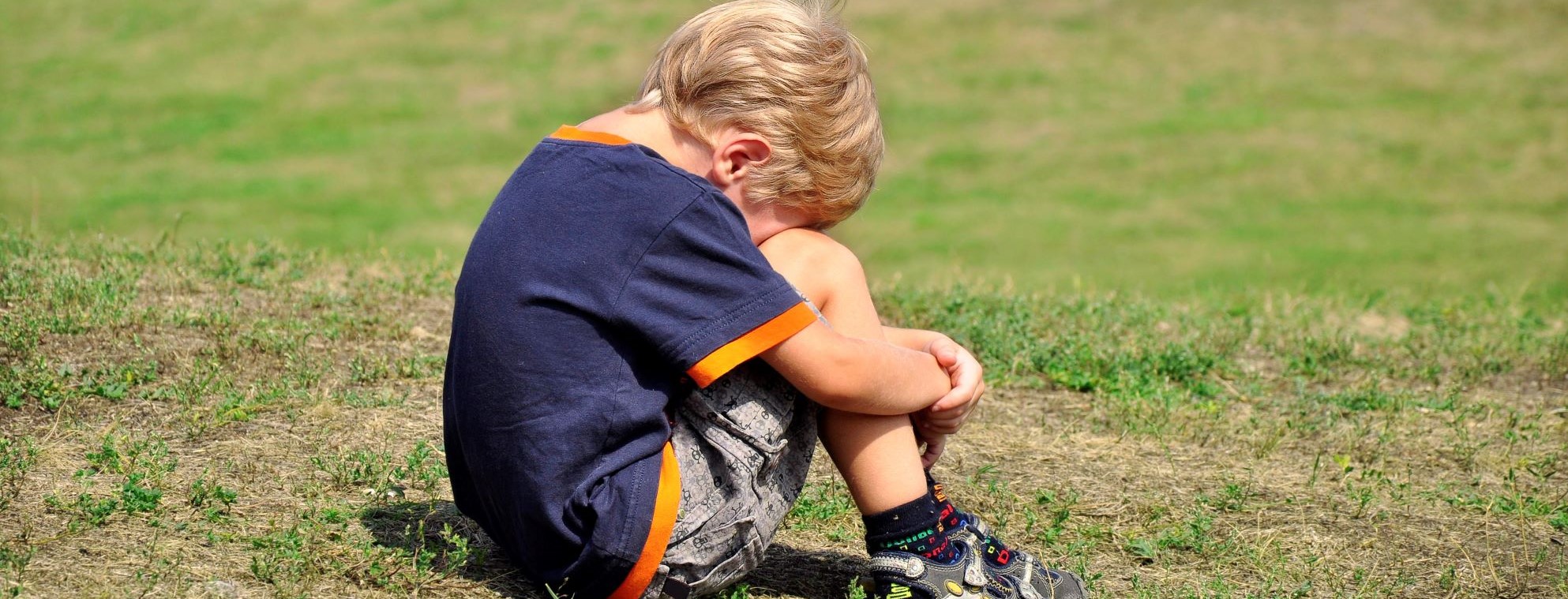The scourge of financial hardship is being witnessed every day at Presbyterian Support Otago (PSO) as more vulnerable individuals and whānau look for help to deal with the ever-increasing cost of living.
Between 1 January 2023 and 30 April 2023 PSO has experienced a 25% increase in demand for services compared to the same period last year. While some people have had some relief during the COVID-19 pandemic such as mortgage holidays, extra sick and holiday leave, these options have predominantly been exhausted.
PSO Chief Executive, Jo O’Neill, says the Otago region is no different to other regions where more and more people are experiencing crippling financial hardship.
“Based on the Household Economic Survey 2019-2020, 1 in 5 children in Aotearoa/New Zealand lived in homes where food ran out sometimes or often due to lack of money.”
“The 2022 E Tipu, E Rea report has some very sobering statistics on child poverty across the motu and while there is a strong focus on whānau-centric collaboration, more work needs to be done to address the almost 250,000 children living in poverty with a further 50,000 living in extreme conditions of poverty.”
PSO Family Works Director, Carmen Batchelor, says the vulnerablility of individuals, couples, children and their families is severe and demand for both food and financial assistance is increasing and continues to worsen as winter takes hold.
Carmen explains, “Over the last 12 months we have seen a 12% increase in demand for food from our Family Works Foodbank. Some of these families are earning two wages so the cost of living for these whānau still outweighs the money they are earning, even though they are bringing in two incomes.”
Between 1 January and 30 April 2023 1,505 food parcels have been given out to local people. This is approximately 63,200 items of food based on an average family food parcel containing 42 essential items.
“Financial hardship creates a raft of social and wellbeing complexities. We are seeing increases in people struggling with their mental health, experiencing family harm, separation, food, energy and housing insecurity due to increases in mortgage and rental costs."
In order to combat some of these challenges, PSO Family Works offers a range of wrap-around services including no-interest loans, financial coaching with trained financial mentors, debt consolidation and assistance for paying electricity bills.
“One of the services we offer is EnergyMate. It is a free in-home energy service where one of our EnergyMate coaches will help make sure a household is on a suitable power plan. They’ll give advice on how to heat homes as efficiently as possible and will offer other energy-saving tips such as shorter showers, washing clothes in cold water and boiling less water.”
“Just recently one of our coaches visited Linda (not her real name), living alone, who is retired but still has a mortgage. Sitting in her living room the temperature was a mere 13°C!”
According to the World Health Organisation, the optimal inside temperature for older people (including children and those experiencing ill health) should be 20°C.
“Linda was very worried about her electricity bill. However, after our EnergyMate coach visited her, she discovered that it was completely affordable to heat her home comfortably without her energy bill going through the roof!”
Jo says vulnerable older people, tamariki and whānau are at the centre of PSO services and as a charity, the organisation relies on the generosity of others.
“PSO is about people helping us to help make a difference to those most in need. In these very difficult times where we are working hard to help many people in our communities, we too, need help to deliver our services.”
Want to make a difference? Donate here to help us help people like Linda.
